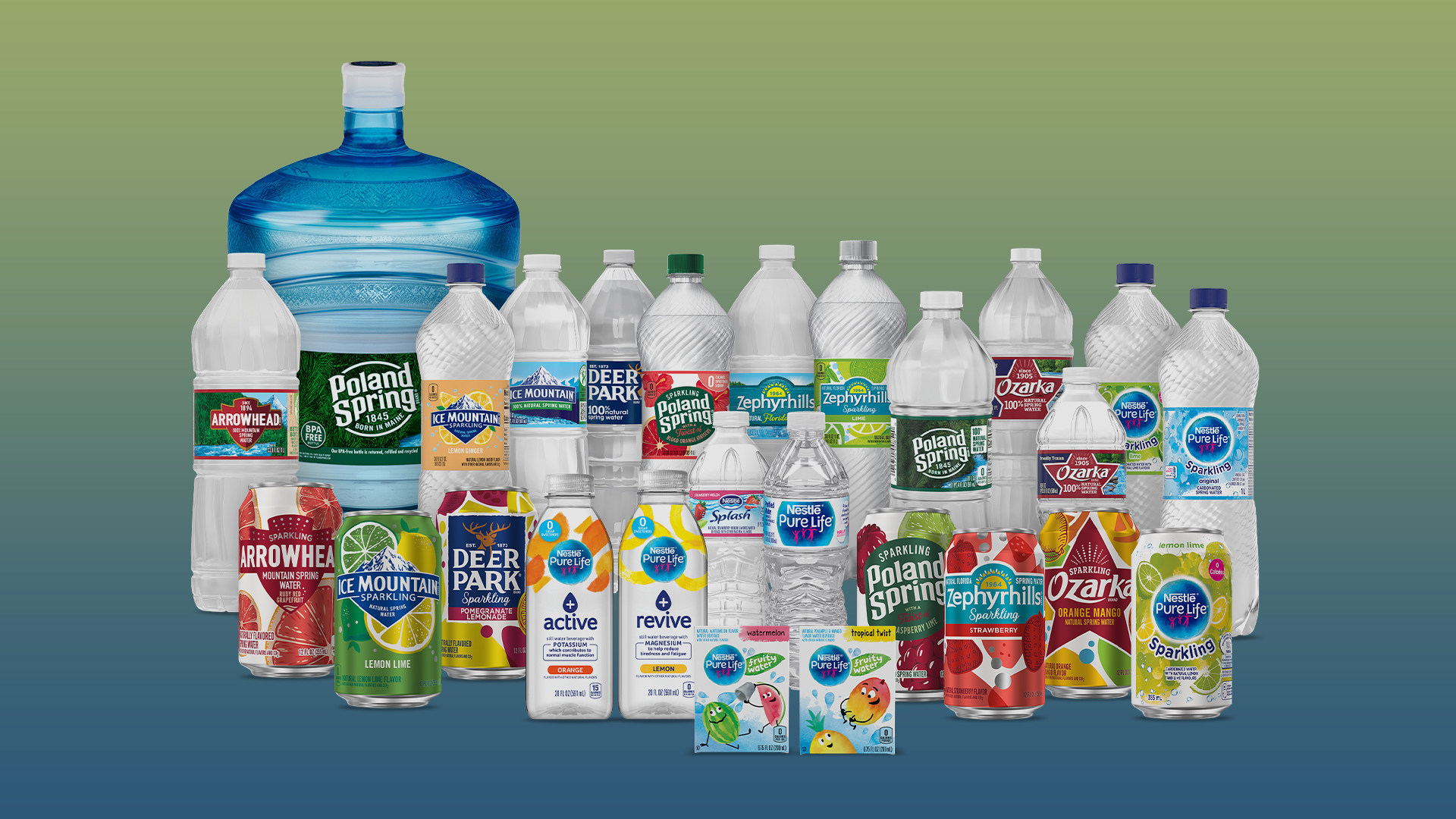France's leading food safety authority, the Agence nationale de sécurité sanitaire de l'alimentation, de l'environnement et du travail (ANSES), has raised concerns over Nestlé's water sources. Following findings of "faecal" contamination, ANSES has recommended establishing a more robust monitoring system for sites where Nestlé extracts mineral water.
The Local reported that this call for increased oversight was made to the health ministry last year amidst ongoing investigations into allegations that Nestlé utilized illegal treatment processes to purify its mineral waters.
Contamination Concerns and Nestlé's Response
Investigators have pinpointed "multiple findings of microbiological contamination of faecal origin" in the regions where Nestlé bottles its renowned brands such as Perrier, Vittel, Contrex, and Hepar. Such findings necessitate "reinforced surveillance" to ensure the safety and quality of the water being extracted.
Despite these alarms, Nestlé maintains that its products are safe for consumption. Sophie Dubois, managing director of Nestlé Waters France, insists that their mineral waters are completely secure, citing negligible "residual traces" of pesticides that fall well below the allowable limits for mineral waters.
Public Reaction and Regulatory Framework
Just Drinks noted that the revelation from ANSES has ignited demands from the CGT union at Nestlé Waters for the management to provide clear explanations. Foodwatch, a consumer pressure group, urges an immediate cessation of marketing and a recall of the affected bottles, citing a breakdown in trust. In contrast, France's health ministry has not responded formally to these developments.
Nestlé's waters, including the well-known Contrex, Vittel, and Perrier, are distributed widely from the Vosges region in eastern France and Vergeze in the south. These events bring to light the stringent regulations governing mineral water in France, surpassing even those for tap water.
According to a 2007 decree, mineral water must be devoid of indicators of fecal contamination, parasites, and pathogenic microorganisms both at the source and point of sale, casting a shadow over Nestlé's compliance with these rigorous standards.
Photo: PR NewsWire



 Weight-Loss Drug Ads Take Over the Super Bowl as Pharma Embraces Direct-to-Consumer Marketing
Weight-Loss Drug Ads Take Over the Super Bowl as Pharma Embraces Direct-to-Consumer Marketing  OpenAI Expands Enterprise AI Strategy With Major Hiring Push Ahead of New Business Offering
OpenAI Expands Enterprise AI Strategy With Major Hiring Push Ahead of New Business Offering  Rio Tinto Shares Hit Record High After Ending Glencore Merger Talks
Rio Tinto Shares Hit Record High After Ending Glencore Merger Talks  Toyota’s Surprise CEO Change Signals Strategic Shift Amid Global Auto Turmoil
Toyota’s Surprise CEO Change Signals Strategic Shift Amid Global Auto Turmoil  Trump Backs Nexstar–Tegna Merger Amid Shifting U.S. Media Landscape
Trump Backs Nexstar–Tegna Merger Amid Shifting U.S. Media Landscape  Amazon Stock Rebounds After Earnings as $200B Capex Plan Sparks AI Spending Debate
Amazon Stock Rebounds After Earnings as $200B Capex Plan Sparks AI Spending Debate  SpaceX Pushes for Early Stock Index Inclusion Ahead of Potential Record-Breaking IPO
SpaceX Pushes for Early Stock Index Inclusion Ahead of Potential Record-Breaking IPO  Hims & Hers Halts Compounded Semaglutide Pill After FDA Warning
Hims & Hers Halts Compounded Semaglutide Pill After FDA Warning  Missouri Judge Dismisses Lawsuit Challenging Starbucks’ Diversity and Inclusion Policies
Missouri Judge Dismisses Lawsuit Challenging Starbucks’ Diversity and Inclusion Policies  Nvidia CEO Jensen Huang Says AI Investment Boom Is Just Beginning as NVDA Shares Surge
Nvidia CEO Jensen Huang Says AI Investment Boom Is Just Beginning as NVDA Shares Surge  SpaceX Prioritizes Moon Mission Before Mars as Starship Development Accelerates
SpaceX Prioritizes Moon Mission Before Mars as Starship Development Accelerates  Alphabet’s Massive AI Spending Surge Signals Confidence in Google’s Growth Engine
Alphabet’s Massive AI Spending Surge Signals Confidence in Google’s Growth Engine  Nasdaq Proposes Fast-Track Rule to Accelerate Index Inclusion for Major New Listings
Nasdaq Proposes Fast-Track Rule to Accelerate Index Inclusion for Major New Listings  CK Hutchison Launches Arbitration After Panama Court Revokes Canal Port Licences
CK Hutchison Launches Arbitration After Panama Court Revokes Canal Port Licences  TrumpRx Website Launches to Offer Discounted Prescription Drugs for Cash-Paying Americans
TrumpRx Website Launches to Offer Discounted Prescription Drugs for Cash-Paying Americans  SoftBank Shares Slide After Arm Earnings Miss Fuels Tech Stock Sell-Off
SoftBank Shares Slide After Arm Earnings Miss Fuels Tech Stock Sell-Off  Uber Ordered to Pay $8.5 Million in Bellwether Sexual Assault Lawsuit
Uber Ordered to Pay $8.5 Million in Bellwether Sexual Assault Lawsuit 































